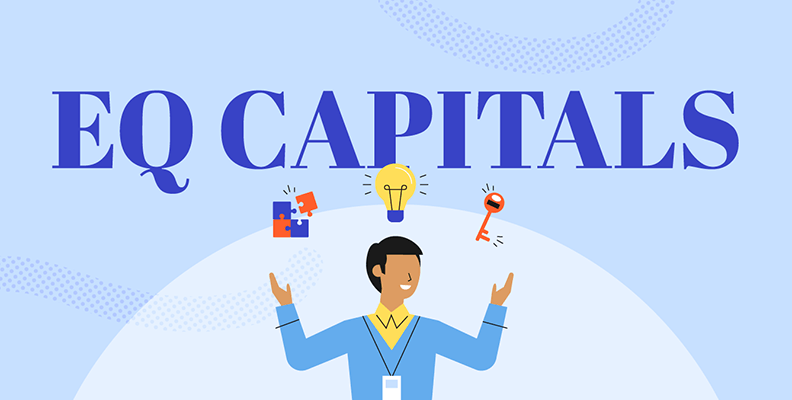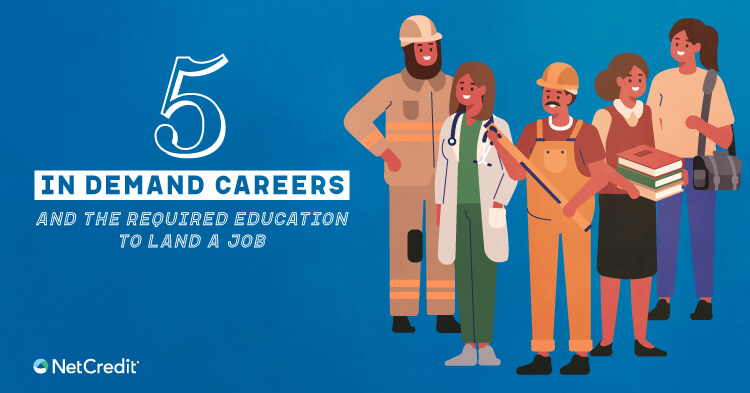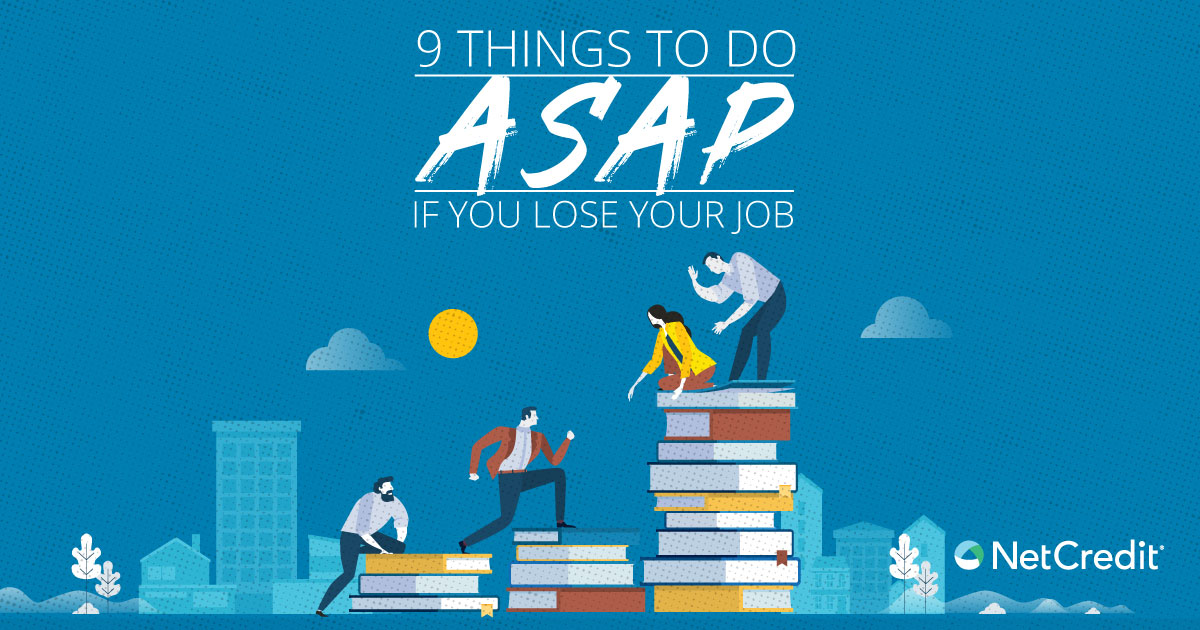
Employers commonly use credit checks to get an objective view of job candidates. While this practice is legal according to the federal government, as many have found, employer credit checks can be debilitating to those in desperate need of a job.
Employer credit checks are commonly associated with jobs at the executive level or within the financial services industry, but recent studies show that the practice is actually most damaging to lower-income Americans seeking entry-level or low-paying jobs. It’s something of a vicious cycle: long periods of unemployment can lead to unpaid bills, which in turn can lead to a damaged credit report. Unfortunately, that damaged credit can also discourage employers from hiring a candidate. When no job means bad credit, and bad credit means no job, what is a candidate to do?
This scenario is actually fairly common among those with less-than-perfect credit. According to a study from public policy organization Demos, among low- and middle-income households carrying credit card debt, one in four said a potential employer has requested to check their credit report as part of the job application process. One in 10 respondents who are currently unemployed said they have not been hired for a job because of information on their credit report.
To get an insider’s perspective on the employment credit check process, we spoke with a frustrated candidate who was repeatedly denied multiple positions because of information found on her credit report. This source wished to remain anonymous, so for the purpose of this story we’ll call her “Mary.”
Mary shared the story of a recent interview she participated in at a shipping logistics company. “I showed up at the interview with about 15 to 20 other people,” she said. “They made us go through a series of rigorous tests: spelling, grammar, math […] I think there was even some personality testing and intelligence testing. About three hours later I was exhausted but I was the only one that had passed all of their tests and proceeded to the interview phase which went very well.”
“A few days later I received the disappointing letter in the mail that said I was rejected because of the poor credit [report] I had reaped trying to put myself through college and earn the bachelor’s degree that got me through their door at all,” Mary said.
“It turns out that I’m smart enough, social enough, can spell well enough, add and subtract well enough, write well enough, interview well enough, and even play nicely with others well enough,” Mary said. “I just couldn’t pay my bills well enough.”
To protect yourself while searching for a job with less than perfect credit, it’s important to understand your rights as a candidate, as well as how credit reports work. You’ll want to make sure that your credit report is accurate, too, so that you don’t miss out on employment opportunities because of errors. For more information on this topic, see, “Can Bad Credit Hurt Your Chances of Getting a Job?”





